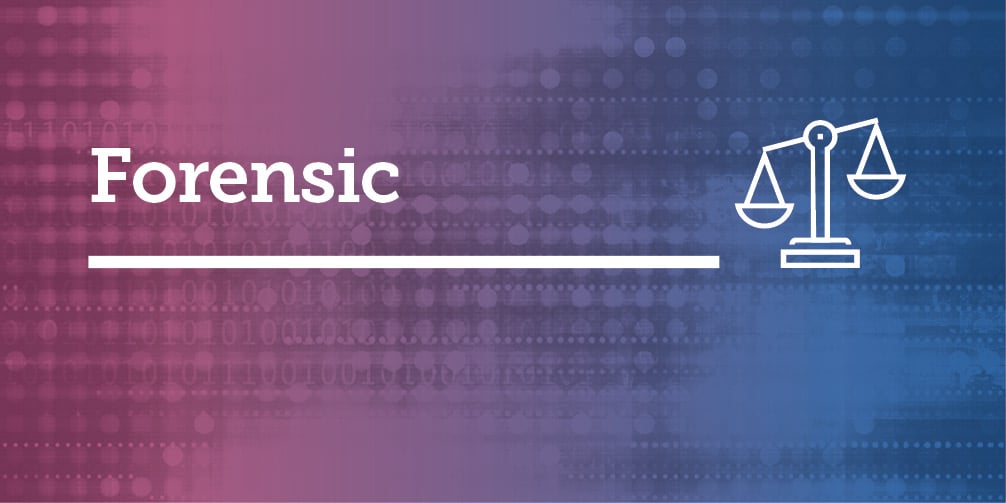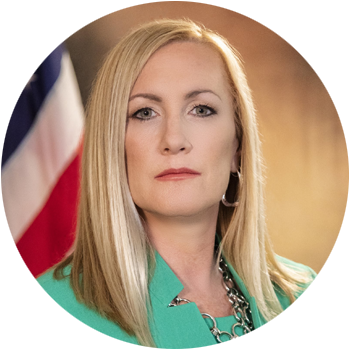Featured Article
Article Title
Searching for the Whole Truth: Considering Culture and Gender in Forensic Psychiatric Practice
Authors
Abstract
Contemporary forensic psychiatrists practice in a system that has gender and cultural biases. Though we are only one small piece of the criminal justice system, learning about cultural and gender concerns is critical so that we properly engage and fulfill our mission of striving toward objectivity. Paternalism or chivalry are not the answer when faced with gender questions, as presuming color-blindness is not the answer when faced with cultural questions. Rather, we need to examine our own biases and educate ourselves. Many opportunities for teaching and public health exist in our field, each of which can help address these challenges on a larger scale as well.
Keywords
forensic psychiatry; culture; gender; bias; #MeToo; battered women
Summary of Research
"Considering culture and gender is integral to our forensic psychiatric ethics. Our ethics are linked to compassion for those in front of us, which includes understanding their lives and values…" (p. 23).
"As forensic psychiatrists, we must similarly guard against gender bias, which can affect various evaluations, often because of paternalistic chivalry justice and misguided beneficence. Areas in which bias can occur include sexual offending, sexual harassment, stalking, IPV, psychopathy, infanticide, child custody, and female criminality and incarceration more generally… There is no question that gender differences exist in many areas of forensic psychiatry. The relevant question [is] whether these differences are correct or whether they are inaccurate and translate into a distorted understanding of forensic issues…
…Women in prison are more likely than their male counterparts to have psychiatric disorders, traumatic victimizations and to experience comorbid substance use disorders and personality disorder. Incarcerated women are more likely to have been single parents than incarcerated males, which leads to their children being much more likely to go into foster care when the woman is incarcerated… While women in prison do have unique needs, there are multiple other misunderstandings about women and crime leading to differential arrest and prosecution rates, and differences in insanity findings, which appear to represent some of the system's biases rather than being actual differences…" (p. 27).
"...Mothers are more likely to be found insane, whereas fathers are more likely to have more severe penalties… In vignette studies in which the gender of the parent who committed filicide is changed, both college students and attorneys are more lenient and blame mental illness more often when the parent is described as a mother rather than a father. Mock jurors had the most severe judgements when vignettes involved Black fathers who used a gun. Thus, there are both gendered and racial narratives about filicide perpetrators" (p. 28).
"...Forensic psychiatrists must first understand the truths of sexual assault… forensic psychiatrists [evaluate] alleged perpetrators and victims, and [help] dispel myths, explaining a range of victim behaviors after assaults, counter-intuitive victim behaviors, and memory during trauma" (p. 29).
"It is critical that we strive not only for objectivity in evaluations, but also for understanding of cultures and genders different from our own. With both culture and gender, there is a risk of misguided beneficence. If we are blind to culture, we cannot objectively understand the situation of the defendant, the plaintiff, and the patient in front of us… Add to that the cultural and gender biases in diagnosis and in determination of dangerousness" (p. 31).
"One might argue that addressing these concerns means that people of other cultures or genders are demanding of exculpation… Rather, we need to consider the cultural and gender facets of our evaluations and in ourselves if we are to arrive at the truth. As forensic psychiatrists, we should all seek to educate ourselves about these realities and carefully consider our own potential for bias" (p. 32).
Translating Research into Practice
"...Forensic psychiatrists should consider and consciously address potential influences of early impressions on their ultimate opinions… which may be particularly relevant when we are evaluating people of a specific gender or culture, based on our own unexamined beliefs… One must strive to recognize and manage these tendencies, else they result in misinterpretation and continued cultural stereotyping" (p. 30).
"Goldyne proposed a proactive approach to minimizing bias, such that the forensic psychiatrist 'actively attempts to discern potential sources of bias, rather than passively awaiting an inkling of them.' Goldyne suggested "deliberate adherence to the attitude that objectivity is compromised unless proven otherwise"... Wills recommended a method of formulation, revision, and identification of limitations of opinions. Forensic education about the history of psychiatry and about bias is important. Self-examination and reflection are critical, and peer review has been recommended" (p. 30).
"Research in our field needs to appropriately and sensitively consider gender and cultural differences and biases as well. We need to better understand how to assess risk and interpret testing across genders and cultures" (p. 31).
"To be ethical, we must use our knowledge about gender and culture, such that we do not misguide the court or the general public. We must examine our misperceptions about race, culture, mental illness, and dangerousness. Similarly, it is not trivial when gender bias and paternalism are allowed to run free; it is not being generous to women. There are dire consequences of not examining our potential biases, including perpetuating injustices to minorities, and continuing the victimization of vulnerable populations" (p. 32).
Other Interesting Tidbits for Researchers and Clinicians
"...Bias 'may reflect the effects on fund of knowledge of personal factors, including the expert's race, sex, religion, culture, ethnicity, sexual orientation, or early-life exposure'" (p. 30).
"Rather, as forensic psychiatrists, we must actively guard against gender bias and cultural bias. We must critically analyze whether the perceived differences are derived from data or from our own assumptions and stereotypes" (p. 31).
"Culture and gender concerns are in the ethos daily. And justice is not blind….We need to consider the cultural and gender concerns in our evaluations, and in ourselves" (p. 32).
Additional Resources/Programs
As always, please join the discussion below if you have thoughts or comments to add!




























